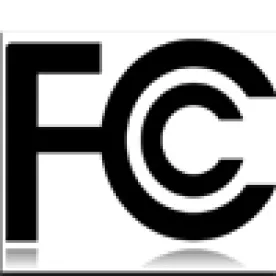FCC Seeks Input for First Staff Report on Call Blocking
In late December, the FCC released a Public Notice soliciting input for its first staff report on call blocking. The FCC asked a number of questions, the answers to which will presumably help inform its call blocking decisions and policies going forward. The FCC sought data and other information on the availability of call-blocking tools offered to consumers. The FCC sought comment on, among other things, whether such tools are offered on an opt-in or opt-out basis, at the network level or elsewhere in the call path, associated fees, customer choices, tools under development, and the percentage of customers that take advantage of such tools. The FCC also sought data on the effectiveness of call-blocking tools offered to consumers, including useful metrics, and ways of measuring and remedying false positives. The FCC also sought comment on the impacts of its recent actions, including allowing voice service providers to block numbers from Do-Not-Originate lists. Finally, the Public Notice sought data and other information on the impact of call blocking on 911 services and public safety, whether such numbers are ever blocked, and whether call-backs from public safety answering points are ever blocked.
Comments and reply comments are due January 29 and February 28, respectively. Commenters in this proceeding may request confidential treatment for all or part of their submissions.
FCC Continues to Review Recent Petitions
The FCC issued a Public Notice seeking comment on a Petition filed by an individual, Lucas Cranor. The Petition seeks a ruling that “consumers have the right to revoke consent from receiving unwanted marketing text messages from their wireless providers at any time by any reasonable means; and that wireless providers must honor these revocation requests immediately.” The Petition is substantively the same as the Armbruster Petition, on which the FCC sought comment last summer but has not yet issued a ruling.
Several parties also filed reply comments on the Capital One Petition, on which we reported in our November TCPA Regulatory Digest. The Petition seeks clarification that if the sender of a lawful autodialed informational text message receives an opt-out text from its customer in response, it may clarify in a confirmation message the scope of the recipient’s opt-out request, so long as the follow-up message does not contain marketing or promotional content. Stakeholders from the financial services and healthcare industries filed comments and reply comments, all generally in support of the Petition.





 />i
/>i

